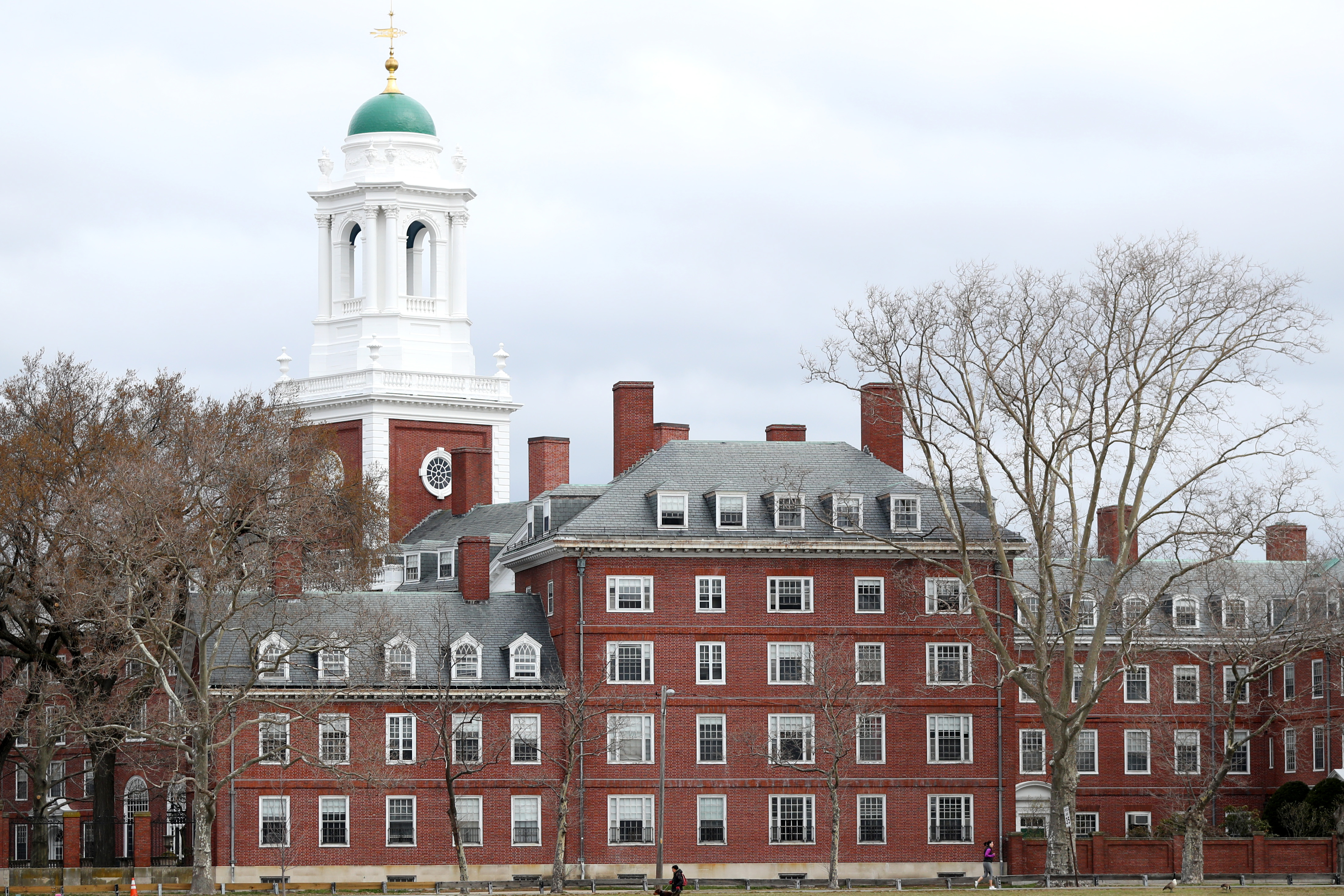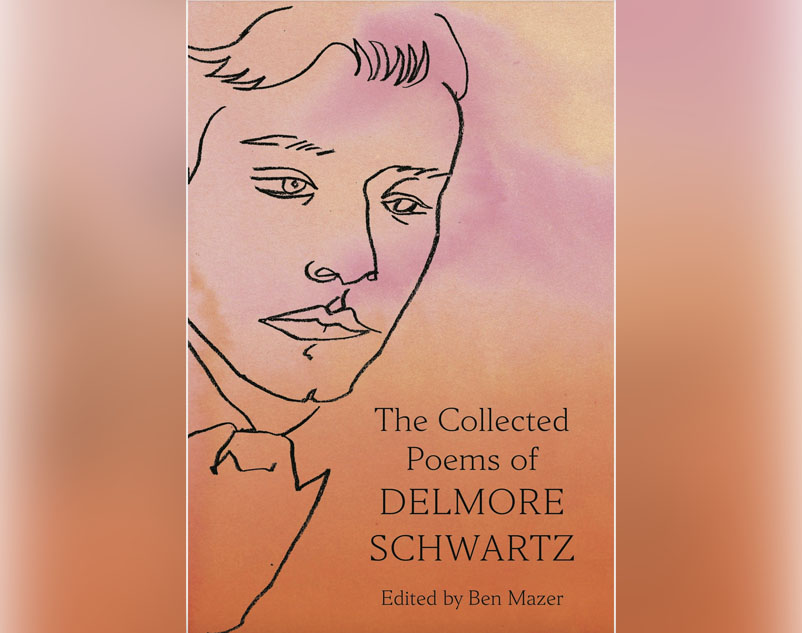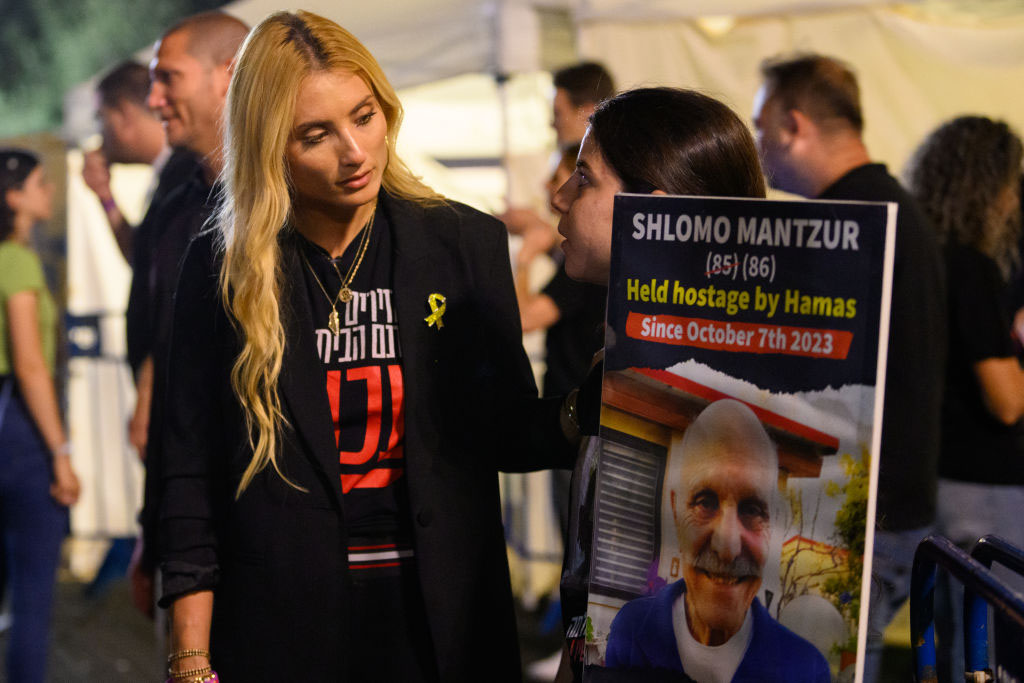
Former Harvard University President Lawrence Summers criticized The Harvard Crimson’s endorsement of the Boycott, Divestment and Sanctions (BDS) as being an example of antisemitism.
Writing in a May 3 op-ed for The New York Sun, Summers argued that while the Crimson––as well as the Palestine Solidarity Committee (PSC)––have every right to express their positions, they do not have “freedom from criticism or the right to have contemptible views treated with respect. [Academic freedom] is no shield against moral bankruptcy.” Summers pointed to prior instances of then-President Drew Faust condemning a campus satanic ritual mocking Catholicism as being “abhorrent” and the university accusing then-campus speaker conservative scholar Charles Murray as promulgating “racist pseudoscience.” Both cases were protected speech on campus.
“There is nothing ‘anti-First Amendment’ about calling out antisemitism,” Summers wrote. “Indeed not identifying and attacking antisemitism in our midst would be a major moral failing, especially when it comes in conjunction with proposals to instrumentalize the university by having it engage in antisemitism.”
Summers acknowledged that the Crimson’s editorial did condemn antisemitism and that criticism of Israeli policy or the Jewish state’s founding isn’t antisemitic in a vacuum; however, the BDS movement crosses the line into antisemitism because it singles out “the world’s only Jewish state for opprobrium in a way totally disproportionate to its deficiencies. How many members of the Crimson’s Editorial Board are aware that the BDS website points up ‘Western Academy’s Hypocrisy: Sanctions Against Russia but not Israel?’ Apart from raw animus against the Jewish State, how could any thoughtful person today regard Russia and Israel on the same plane when Russia is waging a war of aggression, murdering civilians, bombing maternity hospitals, and creating 5 million refugees?”
He later added: “In a world where women are stoned for showing their faces, where professors are jailed for teaching the wrong materials, where Muslims are placed in concentration camps and genocides continue, what can justify singling out only Israeli academics for boycott?”
Summers also argued that the BDS movement fits the International Holocaust Remembrance Alliance’s (IHRA) definition of antisemitism, specifically the movement’s double-standards against Israel, comparing the Jewish state to the Nazis, giving credence to Holocaust deniers and calling Israel “a racist endeavor.” “If the centerpiece of the BDS agenda is an academic boycott of Israel, how does this square with the First Amendment values the Crimson editorialists profess to embrace?” he asked. “If speech should not be silenced because views are problematic, how can it be right to stop scholars from publishing or teaching because they hold the passport of a country whose government is pursuing problematic policies? The further irony is that the majority of Israeli academics have opposed aggressive Israeli policies in the occupied territories.”
He concluded his op-ed with a call for “all members of the Harvard community, including its current leadership, to make clear their righteous opposition to BDS’s antisemitism and those organizations who support it.”
Summers also tweeted his endorsement of a letter to the editor written by columnist Ira Stoll, former president of the Crimson, excoriating the Crimson’s BDS endorsement. “How would students be supposed to study the history of Israel or the Middle East without interacting with any Israelis or without visiting Israel?” Stoll wrote. “It would be a less healthy Harvard. No Pfizer coronavirus vaccine — Israeli public health data was used to validate its use here in America. No life-saving Teva generic pharmaceutical medicines dispensed at Harvard’s teaching hospitals. It would be a less environmentally friendly Harvard. No chance of eating vegetables grown with water-saving Israeli drip-irrigation agricultural technology. No gas-saving self-driving cars equipped with Israeli Lidar technology.” He added that “months after diplomats from Israel’s Arab neighbors such as the United Arab Emirates, Morocco, Egypt and Bahrain showed up in Israel to deepen trade, security and people-to-people ties, the Crimson wants to revert to the bad old days of Arab rejectionism.”
Stoll concluded his letter to the editor by noting that the paper receive its funding from alumni donations. “We may ask ourselves why we’d volunteer anything — time, money, expertise — to fund an organization participating in a campaign to wipe the Jewish state off the map and to rid Harvard of any Israelis,” he wrote. “It’s certainly nothing I feel like I want anything to do with.”
Summers tweeted out a link to Stoll’s letter, calling it “brilliant” and “powerful” and that it makes the “case for boycotting funding of [the Crimson].”
Brilliant, powerful letter to the @thecrimson condemning its boycott of Israel editorial and making a case for boycotting funding of @thecrimson. https://t.co/mzjGtLaSCK
— Lawrence H. Summers (@LHSummers) May 4, 2022
Orlee Marini-Rapoport, the Editorial Chair of the Crimson, had previously tweeted that she is Jewish and that she is “proud” to be a part of the “thoughtful” editorial team. She re-tweeted a tweet from Crimson reporter Miles Herszenhorn replying to Summers’ tweet that read: “What makes journalism so powerful is that anyone can disagree with a newspaper’s editorial, write a response, and get it published in the same newspaper. But for @LHSummers, a former Harvard president, to advocate for boycotting funding of @thecrimson is weak.”
What makes journalism so powerful is that anyone can disagree with a newspaper's editorial, write a response, and get it published in the same newspaper.
But for @LHSummers, a former Harvard president, to advocate for boycotting funding of @thecrimson is weak. https://t.co/oPT7PPXqCJ
— Miles J. Herszenhorn (@MHerszenhorn) May 4, 2022






















 More news and opinions than at a Shabbat dinner, right in your inbox.
More news and opinions than at a Shabbat dinner, right in your inbox.